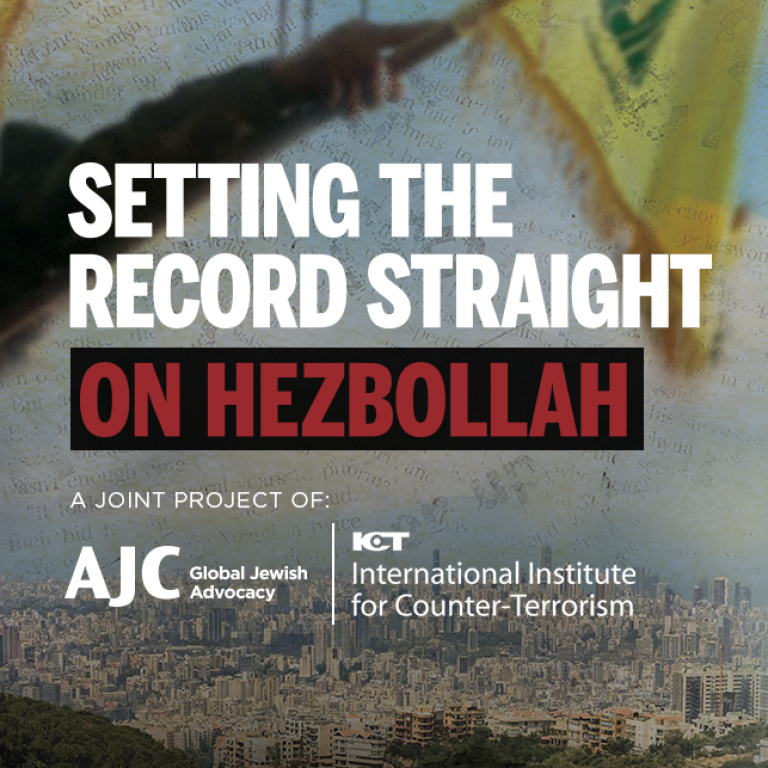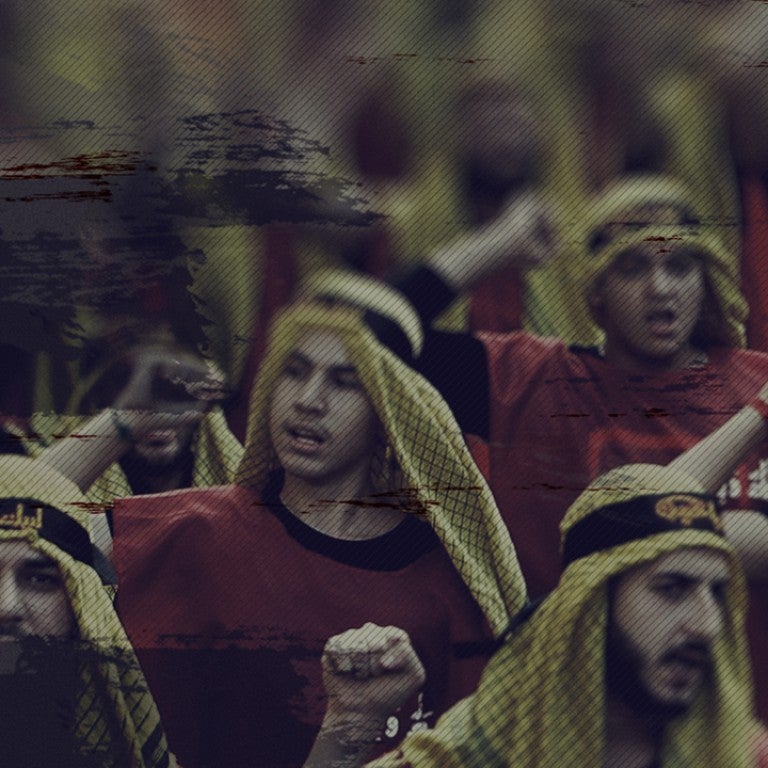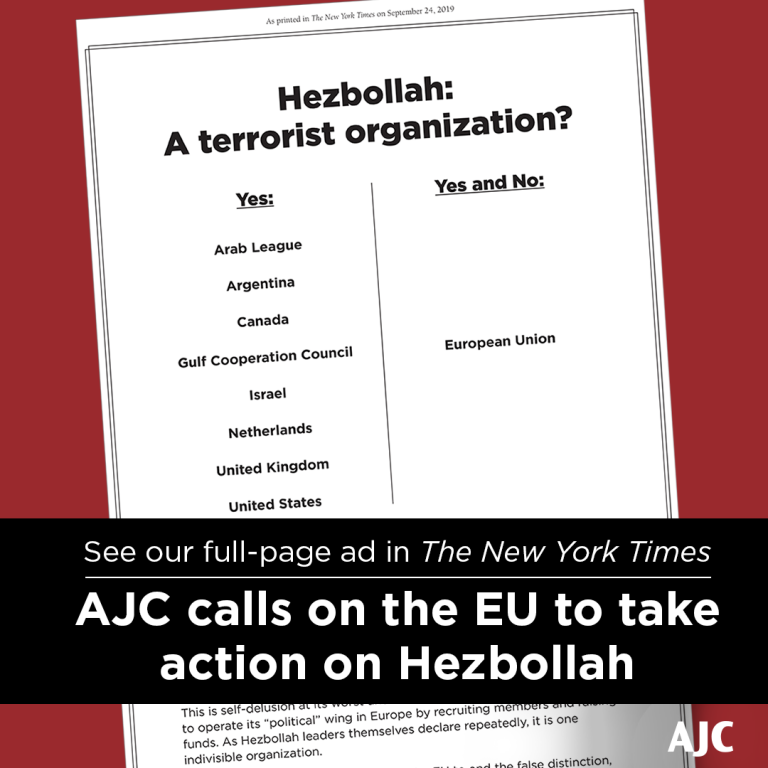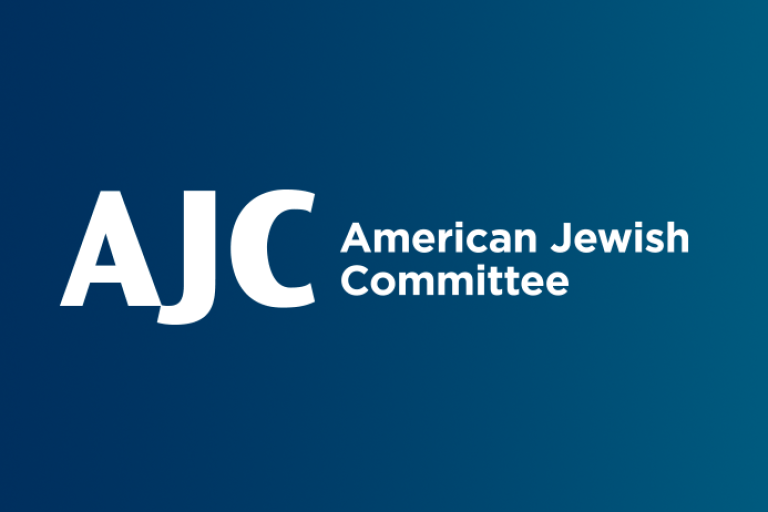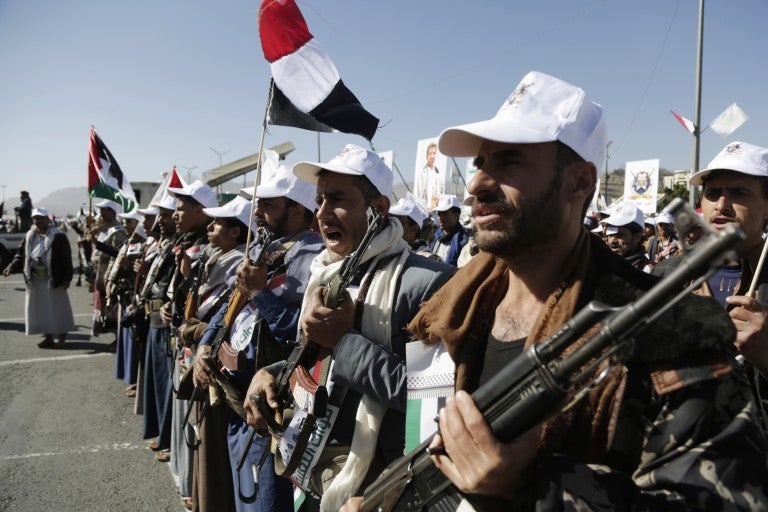“Restrictions on Hezbollah would do little to nothing to strengthen pro-democracy forces in Lebanon.”
Short Response: Weakening Hezbollah would strengthen liberal political forces in Lebanon and enable the government to contain the terror group’s corruption, reclaim control of the country, and enforce Lebanese sovereignty.
The Facts: Corruption abounds in all of Lebanon’s sectors, from the government to the private economic system. Some argue that corruption is, among other things, a product of and integral to the local political culture. Lebanon ranks very high in the international corruption index and is on the watchlist of Transparency International. But there are different levels of corruption among the various political factions.
Hezbollah, which is part of the Lebanese government but operates above the law, is involved in corruption on a particularly large scale. The combination of the organization’s representatives in government ministries and in the municipal system, its military power, its leadership in international crime and its status as a main employer in the Shi’ite community only intensify its involvement in fraudulent dealings.
Any move to reduce Hezbollah's delinquency by designating it a terrorist organization or by hampering its sources of financial income, would weaken the organization. Imposing sanctions on Iran and closing sources of funding from the Shi’ite diaspora in Europe would decrease the level of corruption in Lebanon and strengthen the Lebanese government’s ability to deal with this issue. This will open the country to external investments and strengthen the democratic component.
The causes of corruption in Lebanon
Years of irregularities and revolutions have contributed to Lebanon's weak government. A growing risk of corrupt behavior by various players threatens the system’s overall integrity. The considerable amount of money transferred and its effect on the Lebanese economy, the historical trauma of various crises, occupation and invasions, the fragmentation of Lebanese society, the significant presence of armed militias, the silence of European countries on the issue of accepting refugees, and the long duration of the war in Syria have all contributed to the phenomenon of corruption.
- Transparency and the risk of corruption – Corruption exists at all levels of society, in the public and private sector, as bribery, embezzlement, and patronage. The political system in Lebanon is complex and is based on the demographics of the state at the time of the signing of the Taif Agreement. The government system is divided into 18 groups, leading to a lack of accountability on the part of government officials. The public sector is also characterized by a lack of transparency. A national budget has not been published since 2004. In September 2015, Lebanon was ranked last among 102 countries in the International Open Budget Index. Locals treat fraud as granting favors and using networks of influence. Moreover, bribery is common in public administration and considered an acceptable norm of local political life. To be sure, there is a general suspicion of corruption. But since Lebanon seems to lack a basic understanding of what qualifies as such,it usually does not lead to criticism and investigations, nor to assessments that could identify political and technical solutions.
- Lebanon and the refugee crisis – Lebanon has the highest number of refugees per capita in the world. In addition to half a million Palestinian refugees from 1948 and their descendants, the ongoing armed conflict in Syria has added approximately 1.5 million Syrian refugees. This sudden and tremendous influx not only has changed the demographic, economic, and social composition of Lebanon, it has also put pressure on the resources and infrastructure in urban and rural areas. In addition, it has changed the delicate demographic balance that formed the basis of the Taif Agreement (signed in 1989). On top of this, the economic crisis, which raised unemployment and reduced public services, exacerbated the inequality within Lebanese society. Due to the Lebanese government’s failure to ratify the Convention on the Status of Refugees (1951), refugees are neither regulated nor anchored in Lebanese law. Although the principle of non-refoulement is respected, the Lebanese population seems to perceive Syrians as migrants seeking economic opportunities rather than refugees seeking protection.
Hezbollah’s involvement in crime
In April 2018, Forbes Magazine published a list of the ten richest terrorist organizations in the world, ranking Hezbollah in first place with an estimated annual income of $1.1 billion, of which approximately $700 million a year is transferred from the Iranian authorities, and the rest is raised through an international network of drugs and crime.
Lebanon produces and trades in illicit drugs, including plantations of opium and hashish in the Bekaa Valley. Already in the 1990s, Lebanon was the center of a multi-billion-dollar drug economy that was anchored in local politics and power centers, namely the manufacturing and selling of the synthetic drug Captagon. In 2016, the Captagon business in Lebanon was valued at over $1 billion.
Hezbollah’s involvement in corruption
In April 2018, a former Hezbollah fighter reportedly accused Nasrallah of failing to eradicate corruption within the organization. The open letter received support on social media and prompted Nasrallah to launch an anti-corruption campaign that emphasized economic development as the core platform of the group. Nasrallah announced that the party leadership was appointing Hassan Fadlallah, a Hezbollah member of parliament, to head a committee against corruption under his direct supervision.
However, even though Hezbollah may be able to eradicate political corruption, it will have a hard time dealing with the corruption carried out by influential individuals in the organization. Powerful and corrupt entities are involved in criminal networks that provide financial resources to Hezbollah’s terrorist and military activities.
One example is Ali Hussein Zeaiter, a Hezbollah operative responsible for criminal procurement and financing. In 2014, the U.S. Treasury declared him a terrorist operative because of his handling of companies to acquire drones used by Hezbollah in Syrian territory. In 2015, the U.S. Treasury announced sanctions on additional companies managed by Zeaiter in China and Lebanon for similar violations. Several months later, in 2016, the Lebanese authorities uncovered a large prostitution network of mostly Syrian women. Hezbollah claimed to have played a role in exposing the sex trafficking network, but authorities reportedly linked the network to Zeaiter.
Similarly, in May 2018, the U.S. Treasury declared Mohammad Ibrahim Bazzi a terrorist. A Hezbollah financier with close ties to the former president and dictator of Gambia, Yahya Jammeh, Bazzi was also connected to a Hezbollah-affiliated drug dealer, Ayman Joumma. The Treasury revealed that Bazzi provided Hezbollah with significant economic assistance for many years from his commercial profits.

